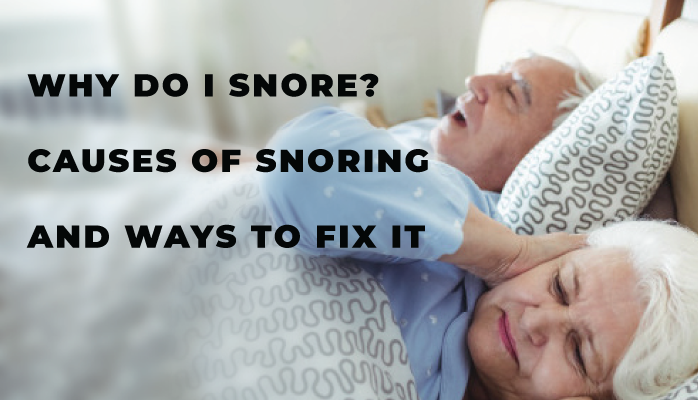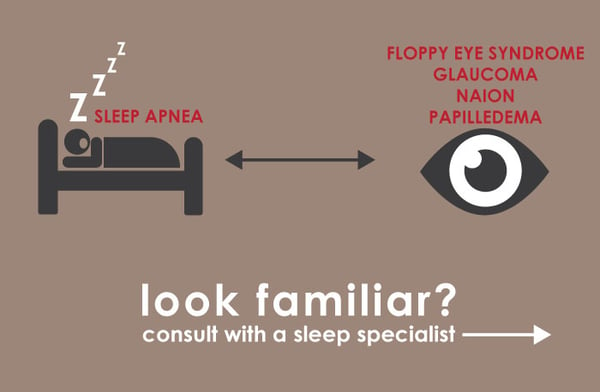Normal vs. Socially Unacceptable Snoring
Does your partner wear earplugs to ward off the blows of your nightly, nasally snores? Is your snoring a common joke among family members?
These are all signs that you have a snoring problem. Why do we call it a problem? For one, it’s disruptive – maybe not for you, but certainly for anyone who has to sleep in the same room or house as you. Secondly, snoring may also be the primary sign in deeper underlying condition that can impact your quality of life.
The difference between occasional snoring and a snoring problem are fairly easy to identify:
- Others around you (e.g. spouse, partner) change their habits to mitigate your snoring
- Your partner’s sleep is impacted
- It’s well known that you are a snorer
- You snore most nights
When it is a problem, it’s definitely worth look at a little closer to see what might causing it, and how you might prevent it.
OSA's Cause of Snoring
There are many things that can cause snoring, and finding out if there is a primary reason for your snoring is the easiest way to stop snoring.
For example, excessive snoring is one of the primary signs of obstructive sleep apnea (OSA), which is when you repeatedly stop breathing at night. OSA has significant long term effects on your health, such as:
- Lower life expectancy
- Lower quality of life in nearly all areas (cognitive ability, mood, stress levels, etc.)
- Lower performance in nearly all areas of life
- Increased risk of many heart-related diseases
Obesity can also be a primary factor in your snoring, as it narrows the breathing canal, and cutting weight may also cut decibels off of your snoring intensity.
Allergies and smoking can irritate the lining of the throat, narrowing it, and causing snoring. Alcohol can relax the breathing muscles in the throat, which causes snoring.
How to Mitigate Snoring
Sleep Apnea Treatment
Sleep evaluation, consultation, or research in regard to sleep apnea. In other words, find out if you have it or not. If you have sleep apnea, a CPAP machine will likely completely eliminate your snoring. It certainly did for several known snorers in my family.
Reducing Alcohol Intake
If you enjoy a night cap (or two) before bed, try eliminating it from your nightly routine and see if your snoring improves.
Cutting back (or quitting) smoking
While it’s certainly easier said than done, cutting back on smoking may make a big difference in your snoring habits, as you eliminate the irritant (smoke) which causes/contributes to your snoring.
Losing weight
Like smoking, losing weight is easier said than done. However, if you are losing weight, try and evaluate (asking your partner) whether or not your snoring has improved.
Wear a chin strap
This is not ideal for comfort, but chin straps can be extremely effective for snoring that is caused by being a “mouth breather” at night. If you are a restless sleeper, this solution may not be for you. But if you can sleep through anything, a chin strap is an inexpensive, quick fix.
Use an anti-snoring pillow
Like a chin strap, this solution may not be ideal for picky sleepers or those of you who have your special pillow. Anti-snoring pillows elevate the head, which can significantly reduce snoring.
Sleep on your side
I know what you are thinking, how do you avoid moving onto your back while you are sleeping? Well, there’s no magic trick. Your best bet is to give yourself every incentive to stay on your side: try and fall asleep on your side, use a pillow between your legs, change the sleeping position of your arms legs (e.g. bending them) to prevent rolling onto your back.



